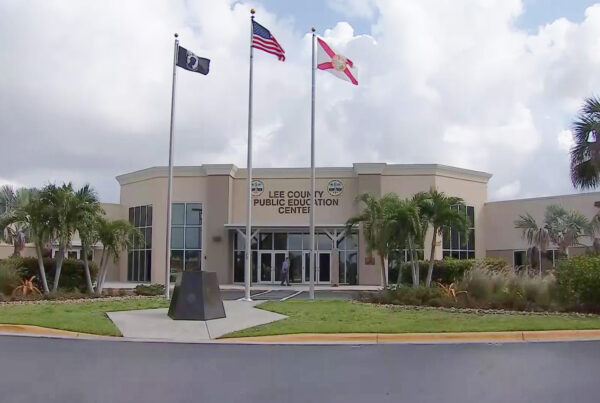Hodges University is developing something any employer should covet: A program that teaches foundational — and soft — skills to a variety of employees.
John Meyer considers himself the poster boy for Hodges University. He left college in New Jersey two credits shy of graduation to become an automotive technician.
After moving to Southwest Florida and hitting the advancement ceiling by age 33, he enrolled at Hodges — then called International College — to complete his bachelor’s in accounting in 1999, and a master’s in finance and marketing in 2000, all while getting grease under his fingernails during the day.
Nearly two decades later, Meyer is president of Hodges University. The school, with locations in Fort Myers and Naples, focuses on degree completion — perfectly tracking Meyer’s educational stages.
Noted for his expertise in business and economics, Meyer, previously dean of the School of Business and Technology at Florida SouthWestern State College, was named president in December 2017. Now he’s guiding Hodges in a new direction. That includes an emphasis on developing foundational skills, which he says form a wide crevice between an employee’s technical skills and the ability to function effectively in the workplace.
Meyer, toward that goal, is spearheading the launch of a professional credential program. Dubbed the Professional Effectiveness Certificate program, it’s for companies of any size to offer employees training in foundational (or soft, in some cases) skills gaps surveys show are in demand. These include adaptability, business understanding, communication, customer service, judgment, organization, proactivity and being a team player.
The PEC program is customizable, portable and adaptable to specific industry needs.
“Workforce development is an area I am very passionate about, and I believe very firmly that it’s almost a dirty word sometimes,” says Meyer. “It conjures images of greasy fingernails, dirty uniforms, low wages and long hours, but really nothing could be further from the truth. Workforce means any kind of a job that requires any skills to do, all the way up to medical doctors and CPAs or lawyers. It’s all workforce.”
Although technical education has advanced, Meyer says imparting practical knowledge has failed to keep pace. Basic societal behavioral training necessary for interaction between co-workers and with customers once inherent by the time students graduate high school is now lacking, and it manifests itself on the manufacturing floor, in the office and in customer-facing occupations, exacerbating an already tight labor market.



























